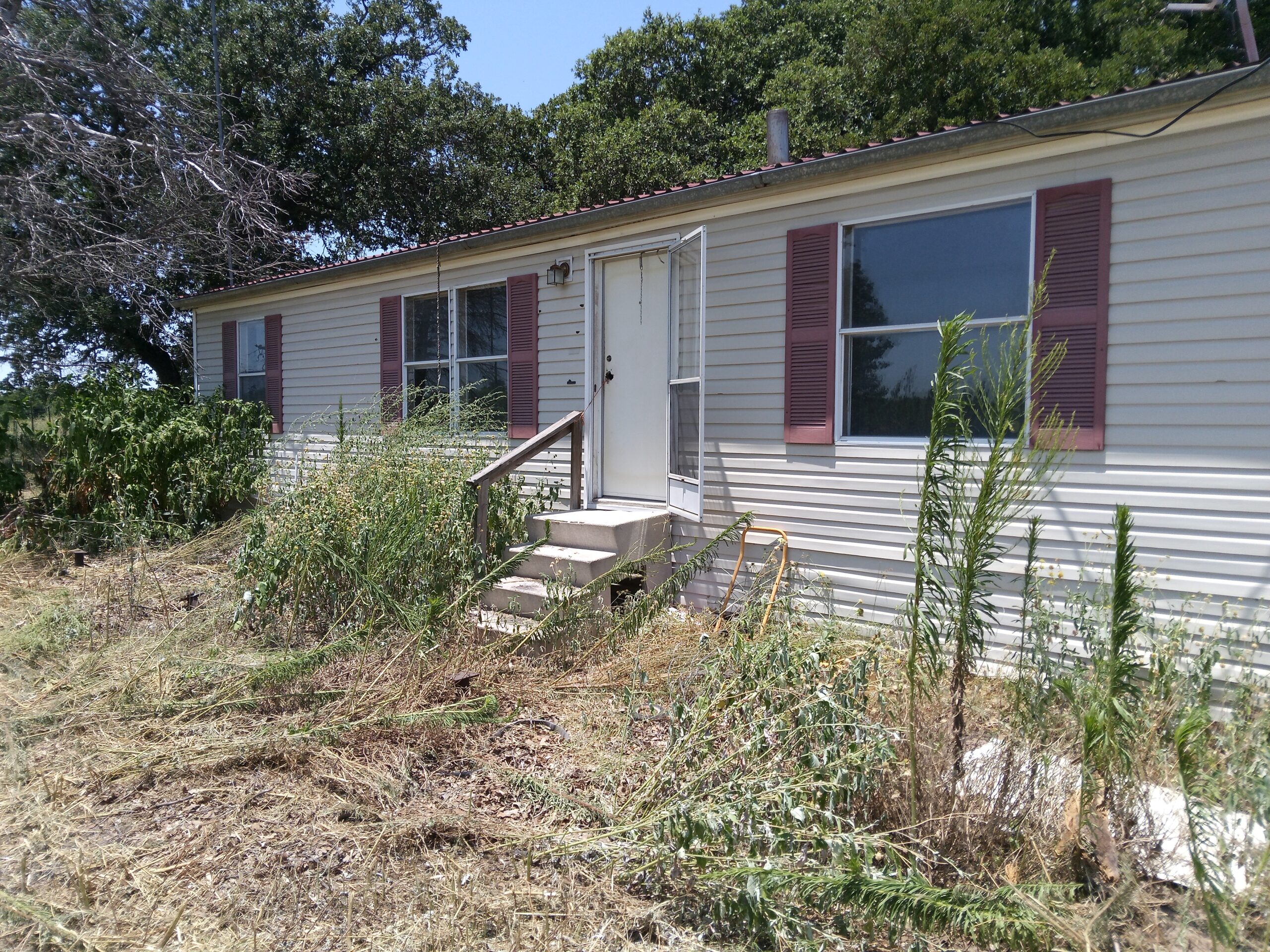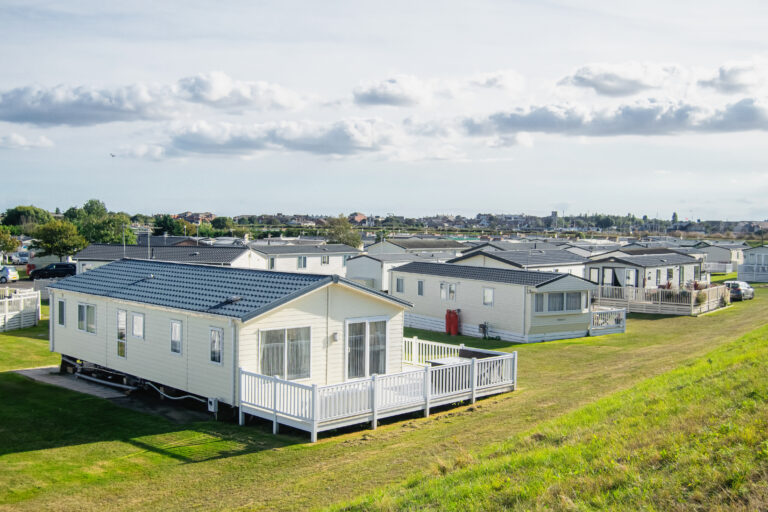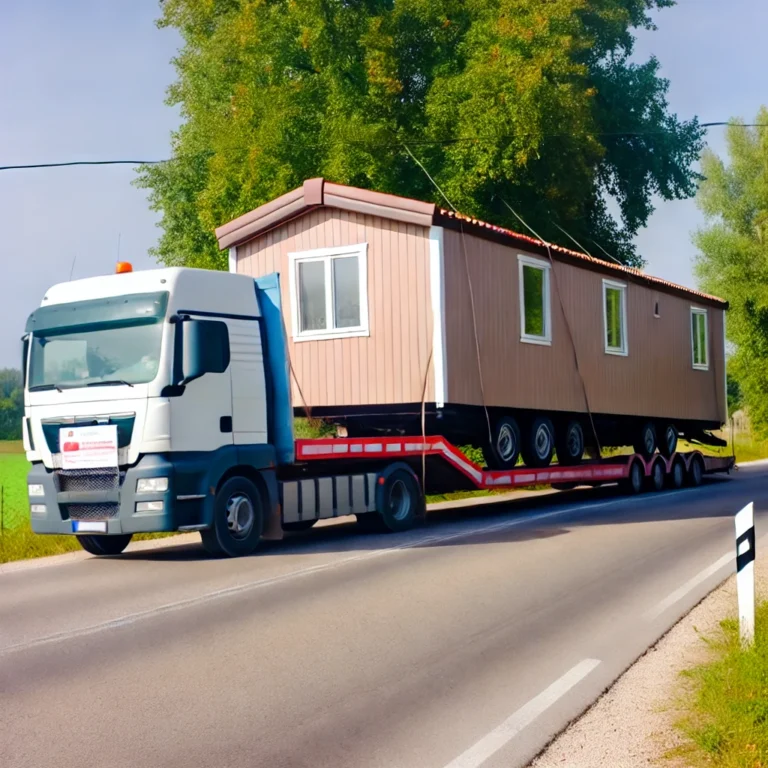Preparing Your Mobile Home for Donation: What You Need to Do
Donating a mobile home is a generous way to give back to your community and help families or organizations in need. However, before you can hand over the keys, there are several important steps to take to ensure the process goes smoothly. From ensuring the home is in good condition to handling the necessary paperwork, preparing your mobile home for donation requires attention to detail.
In this article, we’ll walk you through the key steps to prepare your mobile home for donation, helping you avoid common pitfalls and ensuring a seamless experience for both you and the recipient.
1. Evaluate the Condition of Your Mobile Home
Before beginning the donation process, it’s essential to evaluate the overall condition of your mobile home. Charitable organizations typically prefer homes that are in decent shape, safe, and functional. Conduct a thorough inspection of the following key areas:
- Structure: Inspect the exterior for any damage, such as cracks, dents, or leaks. The foundation and roof should be structurally sound.
- Utilities: Make sure that the electrical system, plumbing, heating, and air conditioning are all in working order.
- Interior: Check for signs of mold, water damage, or pest infestations. The interior should be clean and free of significant wear and tear.
- Doors and Windows: Ensure that all doors and windows open and close properly without drafts or gaps.
If your mobile home needs significant repairs, consider addressing them before donating, or clearly communicate the home’s condition to the charity. In some cases, organizations may still accept homes that need minor repairs but may require additional support.
2. Confirm the Title and Legal Documentation
Just like any other property, a mobile home must have proper legal documentation to facilitate a smooth donation process. The most critical document is the title to the mobile home, which proves ownership. Here’s what you need to check:
- Clear Title: Ensure you have a clear title, meaning there are no outstanding loans or liens on the mobile home. If there are, you’ll need to settle these debts before you can donate the home.
- Tax Records: Verify that all property taxes associated with the mobile home are paid up to date. Some states require you to show proof of tax payments before transferring ownership.
- Transfer of Ownership Forms: Depending on your state, you may need to fill out specific forms for transferring ownership to a charity or non-profit. Your local Department of Motor Vehicles (DMV) or property office can provide you with the appropriate forms.
If you’re unsure about the status of your mobile home’s title or tax payments, consult with a local title company or legal professional to ensure everything is in order before moving forward with the donation.
3. Determine the Home’s Value for Tax Purposes
Donating a mobile home can offer significant tax benefits, but in order to claim a deduction, you need to know the fair market value of the home. The IRS requires you to determine the fair market value (FMV) of your mobile home based on its condition, location, and comparable sales.
Here’s how to accurately determine its value:
- Appraisal: Hire a licensed appraiser to provide an official estimate of the mobile home’s value. This is especially important if the home is valued over $5,000, as the IRS requires a formal appraisal for large donations.
- Comparable Sales: Look up recent sales of mobile homes in your area to get a rough idea of the current market value. Websites like Zillow or Realtor.com can offer insights into what similar mobile homes are selling for.
Once you have the appraised value, you can use this information to claim a tax deduction. Keep in mind that the amount of your deduction depends on several factors, including your income and tax situation, so it’s a good idea to consult with a tax professional.
4. Contact Organizations that Accept Mobile Home Donations
Once your mobile home is in good condition and you have the necessary documentation, it’s time to contact charitable organizations that accept mobile home donations. Not all charities accept mobile homes, so it’s important to research and find organizations that meet your criteria. Some potential options include:
- Habitat for Humanity: This well-known organization helps provide affordable housing to families in need and may accept mobile home donations, depending on the condition and location.
- Local Non-Profits: Many local or regional non-profits may accept mobile homes for use in low-income housing programs or as part of disaster relief efforts.
- Churches and Community Centers: Some community-based organizations may accept mobile home donations to provide housing for individuals in need or to raise funds through resale.
When contacting an organization, ask about their requirements for donation and whether they assist with transportation or removal of the mobile home. Be sure to provide detailed information about the home’s condition, location, and any documentation you have prepared.
5. Prepare for the Donation Process
Once you’ve selected a charitable organization, the donation process will typically involve several steps, depending on the organization’s policies and the condition of your mobile home. Here’s how to prepare:
A. Schedule an Inspection
Most organizations will want to inspect the mobile home before accepting the donation. During the inspection, they’ll assess the condition of the home and determine whether any repairs are necessary. Be honest about any known issues upfront to avoid delays.
B. Handle Utilities
Before the mobile home is moved or donated, you’ll need to disconnect utilities, including water, electricity, gas, and sewer connections. Contact your utility providers to schedule a disconnection and ensure all utilities are properly shut off. This is especially important if the mobile home is being relocated.
C. Plan for Transportation
If the organization does not provide transportation, you’ll need to hire a licensed mobile home moving company to relocate the home. Transportation costs vary depending on the distance and size of the mobile home, so be sure to budget for these expenses. Some charities may be able to cover part or all of the transportation costs.
D. Transfer Ownership
Once the organization has agreed to accept your mobile home, you’ll need to transfer the title and complete the necessary paperwork to finalize the donation. This may involve signing over the title at a local DMV or property office. Be sure to provide the charity with copies of all legal documents and keep a copy for your own records.
6. Claim Your Tax Deduction
Donating a mobile home to a qualified charitable organization may allow you to claim a tax deduction based on the home’s appraised value. To claim this deduction, you’ll need to file IRS Form 8283 for non-cash charitable contributions, and attach the following documents:
- A written appraisal if the value of the mobile home exceeds $5,000.
- A receipt from the charity acknowledging your donation.
- Proof of ownership transfer, such as the signed title or transfer document.
Keep all of your records in a safe place and consult with a tax professional if you have any questions about how to claim your deduction.
Conclusion
Preparing your mobile home for donation is a rewarding process that requires thoughtful planning and organization. From evaluating the home’s condition to securing the necessary legal documentation, each step is essential to ensuring a smooth and successful donation. By following this comprehensive guide, you’ll not only help families or organizations in need but also potentially benefit from tax deductions that can make the donation even more worthwhile.
Whether you’re donating to a local non-profit or a national organization, your contribution can make a significant impact in providing affordable housing and supporting charitable efforts.



